Australian Vegesafe Garden Soil Database

Hey there!
I'm excited to talk to you about gardening and vegetable harvesting today. Gardening is a wonderful hobby that brings us closer to nature and allows us to enjoy the fruits (and vegetables!) of our labor. So, let's dive right in and explore the world of gardening together.
When it comes to growing your own food, there's nothing quite like the satisfaction of harvesting fresh vegetables from your very own garden. The keyword we're focusing on today is "vegetable harvesting."
A Bountiful Harvest
Growing your own vegetables offers a plethora of benefits. Not only do you have control over the entire process, from seed to harvest, but you also have access to fresh, organic produce that you can enjoy straight from the garden to your plate.
Here are some key points to consider when it comes to vegetable harvesting:
1. Timing is Key
Knowing the right time to harvest your vegetables is crucial. Each type of vegetable has its own specific harvesting time, which can be influenced by factors such as weather conditions, soil quality, and the variety of the vegetable itself.
For example, leafy greens like lettuce and spinach are best harvested when the leaves are young and tender. On the other hand, root vegetables like carrots and radishes are usually harvested when they have reached their desired size.
2. Harvesting Techniques
The way you harvest your vegetables can also impact their quality and taste. It's important to handle the produce with care to avoid bruising or damaging it during the process.
When harvesting leafy greens, gently remove the outer leaves one by one, starting from the outside and working your way in. For larger vegetables like pumpkins or squash, use a sharp knife or garden shears to cut them from the plant, making sure to leave a small stem attached.
3. Storage and Preservation
Once you've harvested your vegetables, it's time to think about storage and preservation. Storing your produce correctly can help extend its shelf life and preserve its flavors and nutrients.
Some vegetables, like tomatoes and cucumbers, are best stored at room temperature away from direct sunlight. Others, such as carrots and broccoli, benefit from being stored in the refrigerator to maintain their freshness.
Benefits and Advantages
Now that we've covered the basics of vegetable harvesting, let's take a look at the benefits and advantages it offers:
- Access to fresh, pesticide-free vegetables
- Cost savings on grocery bills
- Enhanced flavors and nutritional value
- Improved mental and physical well-being through gardening
- Reduced carbon footprint by growing your own food
Vegetable harvesting not only provides you with delicious, homegrown produce but also encourages a healthier and more sustainable lifestyle.
The Conclusion
In conclusion, vegetable harvesting is a gratifying experience that allows you to enjoy the wonders of nature and the satisfaction of harvesting your own food. By growing your own vegetables, you gain control over the entire process and reap the benefits of fresh, organic produce.
So, why not start your own garden today? Whether you have a spacious backyard or a small balcony, there's always room to grow some delicious vegetables. Happy gardening!
People Also Ask
Q: How long does it take to harvest vegetables?
A: The time it takes to harvest vegetables varies depending on the type of vegetable. Leafy greens can be harvested within a few weeks of planting, while others, like tomatoes or watermelons, may take several months to ripen.
Q: Can I eat vegetables straight from the garden?
A: Absolutely! One of the joys of homegrown vegetables is the ability to enjoy them straight from the garden. Just give them a quick rinse to remove any dirt and enjoy the fresh flavors!
If you are looking for Grow local plants - central soil type by Swan River Trust - Issuu you've visit to the right place. We have 25 Pics about Grow local plants - central soil type by Swan River Trust - Issuu like BLOG: Is your garden soil as safe as you think? | South Eastern Community Connect (SECC), Avoid Toxic Chemicals by Getting Your Soil Tested with the Vegesafe Program – small green things and also Organic Vegetable Growing Handbook ~ United Kingdom. Here you go:
Grow Local Plants - Central Soil Type By Swan River Trust - Issuu
 issuu.com
issuu.com Sydney's Toxic Footprint: The Suburbs Most At Risk From Lead Contamination
 www.smh.com.au
www.smh.com.au 26 Garden - Fruit & Veggies Ideas | Fruit Trees, Growing Fruit, Organic Gardening
 www.pinterest.com
www.pinterest.com hydroponic vegetables veggies sow hydroponics
Organic Vegetable Growing Handbook ~ United Kingdom
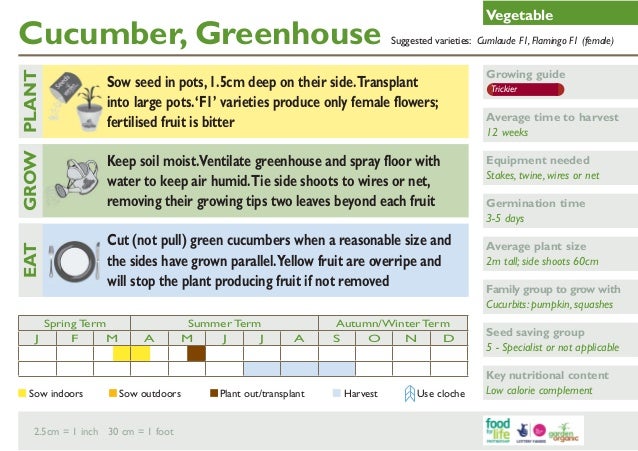 www.slideshare.net
www.slideshare.net BLOG: Is Your Garden Soil As Safe As You Think? | South Eastern Community Connect (SECC)
 www.secc.sydney
www.secc.sydney secc encouraged donation
Info
info soil specialty nutrition application plant
Let's Do Gardening - Vegetable Harvesting - YouTube
 www.youtube.com
www.youtube.com Do You Have A Backyard Veggie Patch? How Safe Is Your Soil? | Adelaide Sustainability Centre
 www.adelaidesustainabilitycentre.org.au
www.adelaidesustainabilitycentre.org.au veggie backyard salvi
A Population Density Map Of Australia (ABS 2018b). B A Dot-density... | Download Scientific Diagram
 www.researchgate.net
www.researchgate.net 2018b depiction publication
One-third Of Backyard Soil Unsafe To Grow Vegies | The Lighthouse
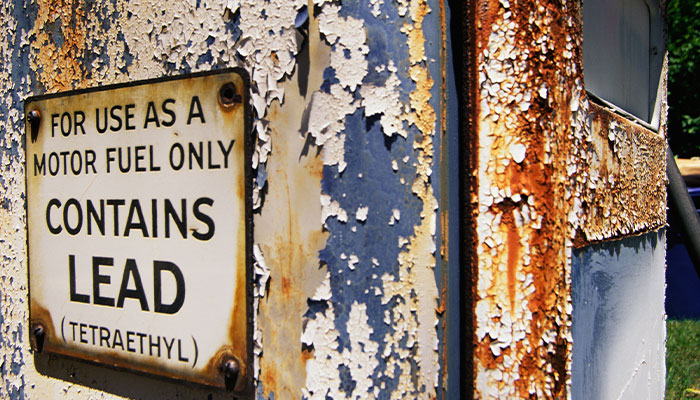 lighthouse.mq.edu.au
lighthouse.mq.edu.au lighthouse vegies backyard banned petrol culprit leaded
One-third Of Backyard Soil Unsafe To Grow Vegies | The Lighthouse
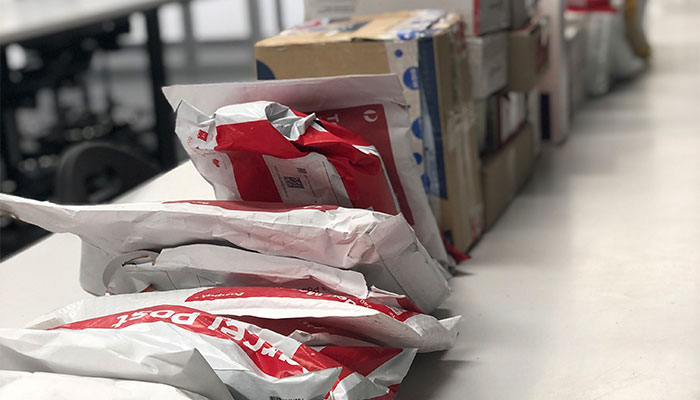 lighthouse.mq.edu.au
lighthouse.mq.edu.au vegies macquarie
Industrial Contamination In Australia's Backyards
australia soil sydney lead backyards contamination industrial concentrations macquarie vegetable gardens university
Avoid Toxic Chemicals By Getting Your Soil Tested With The Vegesafe Program – Small Green Things
toxic chemicals avoid
Vegesafe - Faculty Of Science
soil science soils
Do You Have A Veggie Garden? Then You Need To Know About Vegesafe - In The Cove
 inthecove.com.au
inthecove.com.au garden
Modi Lays Out Over 20 Challenges For India’s Young Scientists To Solve At ISC 2020
 www.businessinsider.in
www.businessinsider.in india farming soil operations effective database think way use beginning needed
Australian Veg Industry Continues To Strengthen Food Safety With New Research Project | AUSVEG
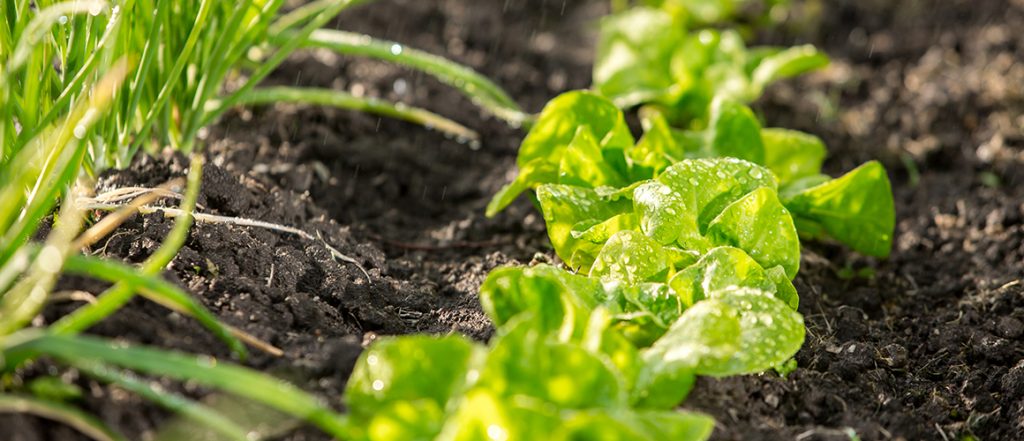 ausveg.com.au
ausveg.com.au strengthen continues industry ausveg nutrients
Organic Vegetable Growing Handbook ~ United Kingdom
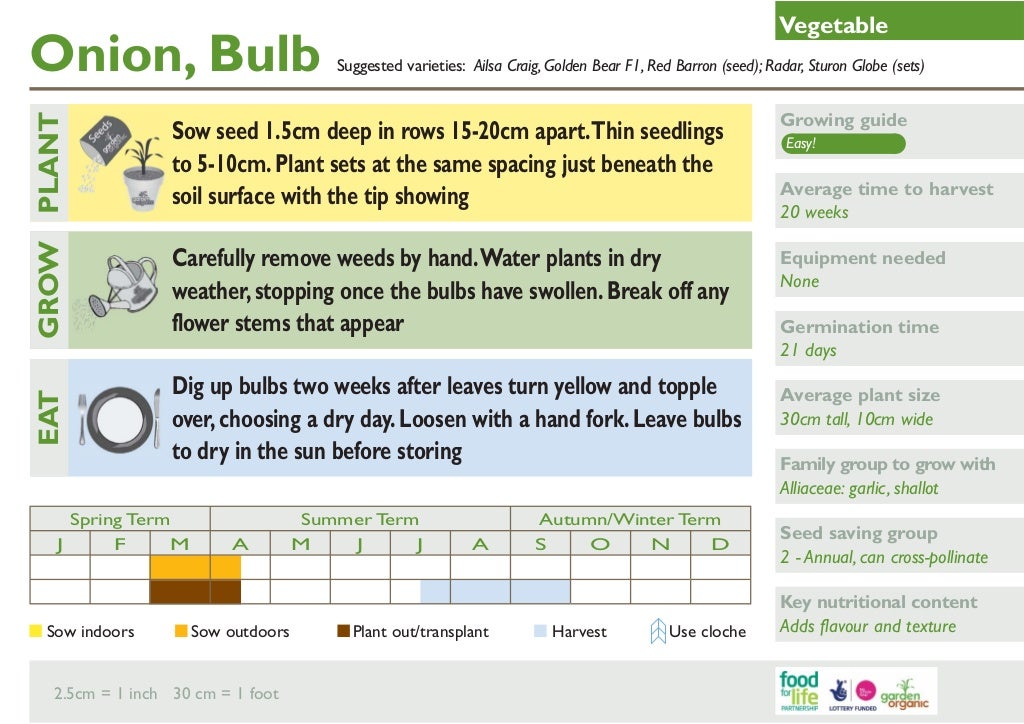 www.slideshare.net
www.slideshare.net handbook growing
Organic Vegetable Gardening - Organic Compost #organicgardening #vegetablegardening #
 www.pinterest.com
www.pinterest.com HWSD | Land & Water | Food And Agriculture Organization Of The United Nations | Land & Water
soil database harmonized fao soils land
Macquarie Science VegeSafe Initiative Recognised With Green Lifestyle Award | Green Lifestyle
 www.pinterest.com
www.pinterest.com lifestyle macquarie recognised
Blog | Living Web Farms | Where Hands On Learning Comes To Life!
soil provide
Avoid Toxic Chemicals By Getting Your Soil Tested With The Vegesafe Program – Small Green Things
soil chemicals avoid toxic program tested getting
Growing Vegetables At Home: The Hidden Dangers In Your Backyard | News.com.au — Australia’s
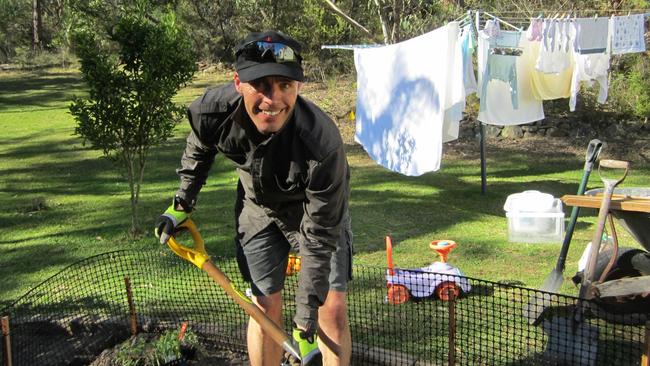 www.news.com.au
www.news.com.au dangers contamination soils
3 Inexpensive Ways To Feed Your Garden Soil This Fall For A Great Garden Next Year! - Old World
 oldworldgardenfarms.com
oldworldgardenfarms.com garden soil vegetable year tips gardening fall tricks beginners great own inexpensive feed ways next farms plant plan reasons grow
Strengthen continues industry ausveg nutrients. Grow local plants. Avoid toxic chemicals by getting your soil tested with the vegesafe program – small green things
Post a Comment for "Australian Vegesafe Garden Soil Database"